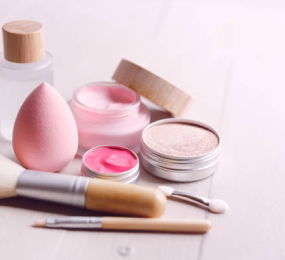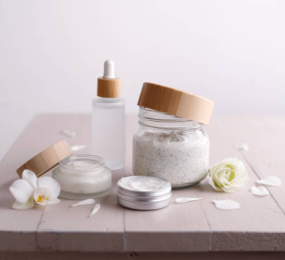Formulating Without Microplastics: Challenges and Breakthroughs
The pervasive issue of microplastic pollution has spurred a critical need for reformulating products across various industries, from cosmetics to detergents, without these tiny pollutants. This transition presents significant challenges, but also exciting breakthroughs.
Microplastics, often used as exfoliants, fillers, or binding agents, are inexpensive and effective, making them difficult to replace. The primary challenge lies in finding alternative ingredients that offer the same performance and stability. Many natural alternatives, such as ground nutshells or cellulose, may not provide the same texture or functionality.
Another challenge is the potential cost increase associated with developing and sourcing new formulations. Research and development into sustainable alternatives can be expensive, and the raw materials themselves may also be pricier. This can create a barrier for manufacturers, particularly smaller businesses, in adopting microplastic-free formulations.
However, these challenges have also driven innovation and led to significant breakthroughs. Researchers are exploring biodegradable polymers, bio-based materials, and innovative processing techniques to create effective microplastic alternatives. For instance, cellulose beads, algae-based microspheres, and silica from rice husks are emerging as promising substitutes in personal care products.
Moreover, advancements in green chemistry are enabling the development of new formulation approaches that minimize or eliminate the need for microplastics altogether. This includes creating products with different textures or delivery systems that rely on natural ingredients and innovative engineering.
The shift towards microplastic-free formulations is not only environmentally necessary but also increasingly driven by consumer demand and regulatory pressure. This is further incentivizing companies to invest in research and development, leading to a wider availability of sustainable alternatives.
In conclusion, while formulating without microplastics presents complex challenges, the ongoing research and innovation are yielding remarkable breakthroughs. By embracing creativity and investing in sustainable alternatives, industries can successfully transition away from microplastics, creating a healthier planet and safer products for consumers.
Visit our website to know more: https://www.leadventgrp.com/events/sustainable-cosmetics-and-beauty-forum/details
For more information and group participation, contact us: [email protected]
Leadvent Group - Industry Leading Events for Business Leaders!











